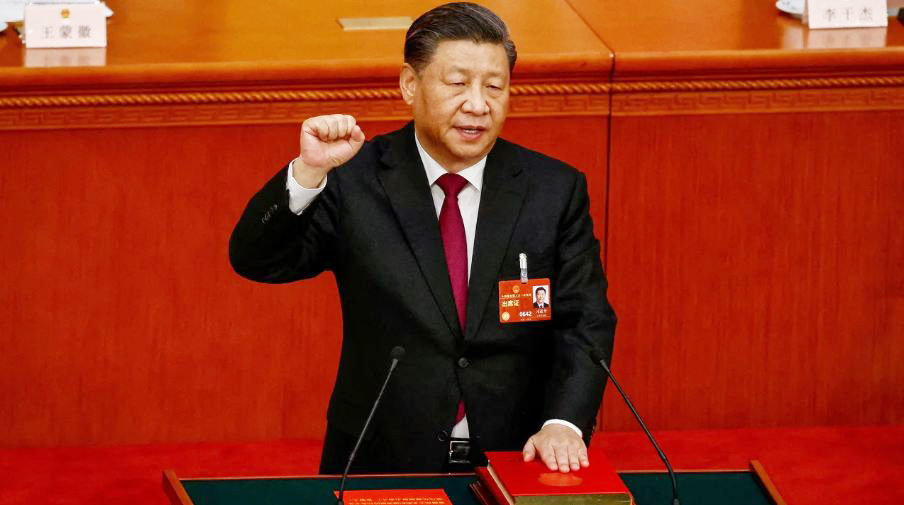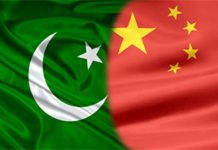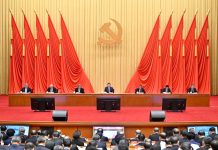BEIJING: President Xi Jinping’s trip to Latin America for multilateral gatherings and bilateral talks has fueled expectations that China will continue championing inclusive growth and better global governance and further solidify ties with key partners in the vibrant region.
Xi embarked on the landmark trip to Peru and Brazil on Wednesday, his sixth visit to the region since 2013, for the 31st APEC Economic Leaders’ Meeting in Lima and the 19th G20 Summit in Rio de Janeiro. He will also make state visits to the two nations.
Analysts said that Xi’s visit will provide a key opportunity to deepen collaboration with major economies, forge consensus on shared development goals, and foster new momentum for global economic integration, while contributing to the evolving multipolar world order.
Cui Shoujun, founder and director of the Center for Latin American Studies at Renmin University of China, said the presence of the Chinese president at the two key economic forums showcases Beijing’s unequivocal support for multilateralism.
“China advocates addressing global issues through consultation and cooperation and opposing unilateralism and protectionism. This approach fosters unity between developing and developed countries, prompting them to jointly seek a win-win solution for global governance,” Cui said.
Analysts said that Beijing’s position will resonate strongly with the theme of the APEC Economic Leaders’ Week this year, which named trade and investment for inclusive growth, digital innovation and sustainable and resilient development as its priorities.
In his remarks at the 30th APEC leaders’ meeting in 2023, Xi emphasized the importance of innovation, openness, green development and inclusive growth as key drivers to usher in another “golden 30 years “for the region.
Cui said that China “promotes economic integration within the Asia-Pacific region through APEC, providing practical solutions for issues such as connectivity, digital economy and green development among member economies”.
Carlos Vasquez, the 2024 chair of the APEC Senior Officials’ Meeting, said in a statement that the 31st APEC Economic Leaders’ Meeting aims to provide greater policy direction for APEC members to deliver an environment that facilitates trade, harnesses regional economic integration and technologically driven growth, and sparks business innovation and employment.
As for the G20 Summit, expectations are running high for Beijing to continue advocating reform in global economic governance and proposing to enhance the voice and participation of developing countries within the international financial system.
“China’s inclusive proposals have now won the backing of the developing world and further enhanced the balance and stability of the global governance system,” said Cui from Renmin University of China.
Brazil, the host of the G20 Summit this year, has listed the fight against hunger, poverty and inequality, as well as the sustainable development of economy, society and environment and the reform of global governance, as priorities.
The opening of the summit on Monday will be marked by the launch of the Global Alliance Against Hunger and Poverty, a Brazilian initiative that will mobilize countries and international organizations to accelerate efforts to combat hunger and poverty by 2030, according to a statement released by the Brazilian government.
Zhou Zhiwei, a senior research fellow at the Institute of Latin American Studies at the Chinese Academy of Social Sciences, said that China and Brazil share a wide range of consensus points on global governance, and the unified stance between the two emerging countries is essential for formulating joint proposals for the Global South. –The Daily Mail-China Daily news exchange item






